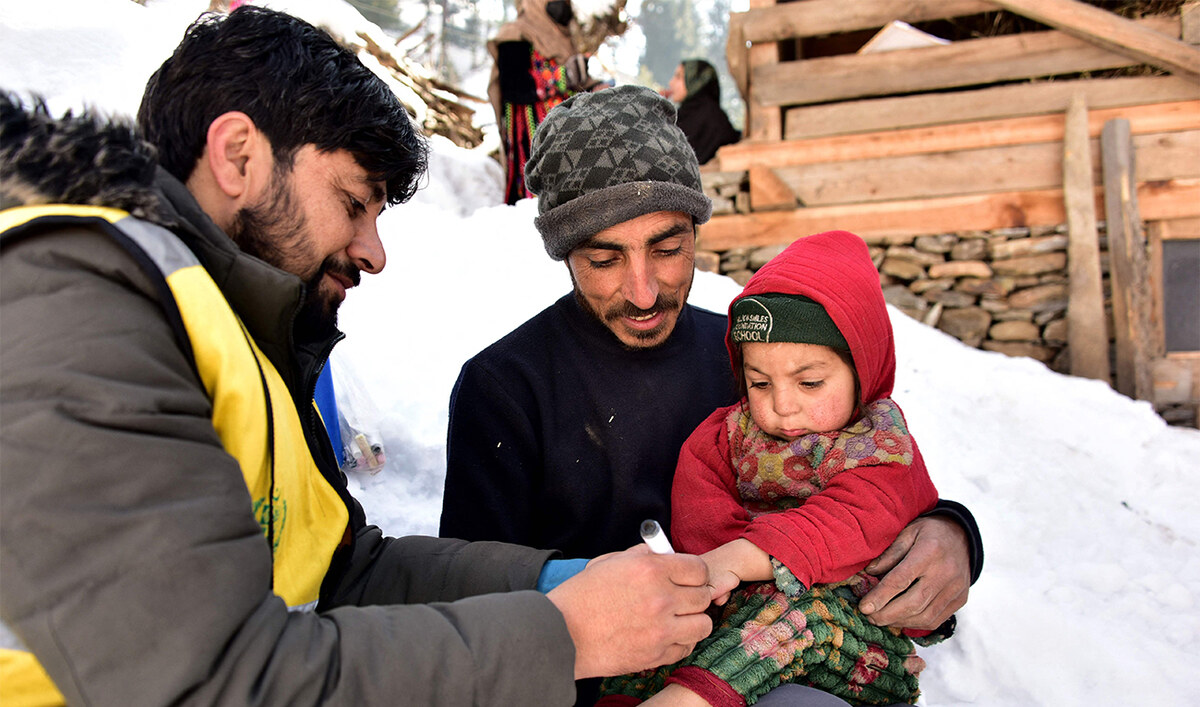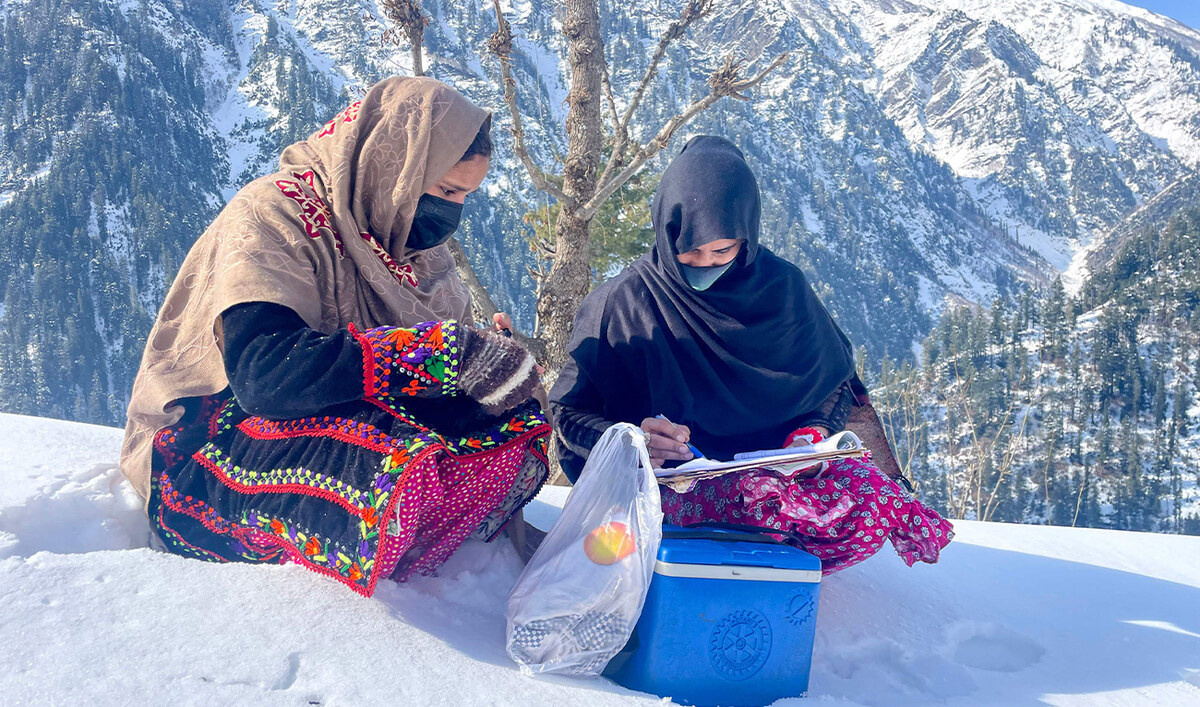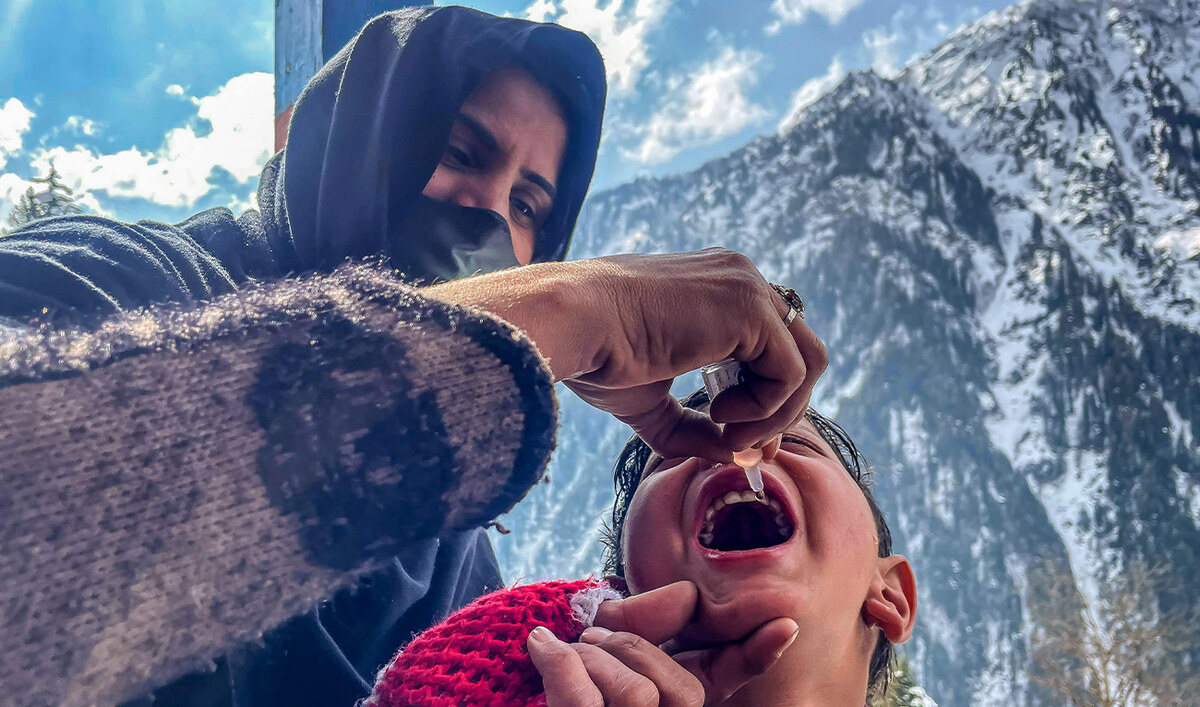BEIJING: Military ties between China and Pakistan are the "backbone" of relations between the two countries, a senior Chinese general told Pakistan's visiting army chief, days after a Pakistani minister stirred unease about Chinese Silk Road projects.
General Qamar Javed Bajwa is the most senior Pakistani figure to visit ally China since the new government of Prime Minister Imran Khan took office in August, and his trip comes a week or so after a senior Chinese diplomat visited Islamabad.
Pakistan has deepened ties with China in recent years as relations with the United States have frayed.
Bajwa may be hoping to smooth out any Chinese alarm at comments last week by Pakistan's commerce minister, Abdul Razak Dawood, who suggested suspending for a year projects in the China-Pakistan Economic Corridor, the Pakistan leg of China's Belt and Road Initiative that includes recreating the old Silk Road trading route.
On Tuesday, Zhang Youxia, a deputy chairman of China's powerful Central Military Commission which President Xi Jinping heads, reiterated to Bajwa that the two countries are "all weather" strategic cooperative partners.
"China-Pakistan military ties are an important backbone of relations between the two countries," said Zhang according to a statement by China's Defence Ministry late on Tuesday.
"The two militaries should further pay close attention to practical cooperation in all areas, keep raising the ability to deal with various security risks and challenges, and join hands to protect the common interests of both countries."
However, Zhang cited Xi as saying that the Belt and Road initiative should be a benchmark for China-Pakistan ties.
He said China appreciated the new Pakistan government's platform of fully promoting the relationship and that China was willing to work with the new government to push construction of the China-Pakistan Economic Corridor.
Beijing has pledged to invest about $60 billion in Pakistan for infrastructure for the Belt and Road project.




















